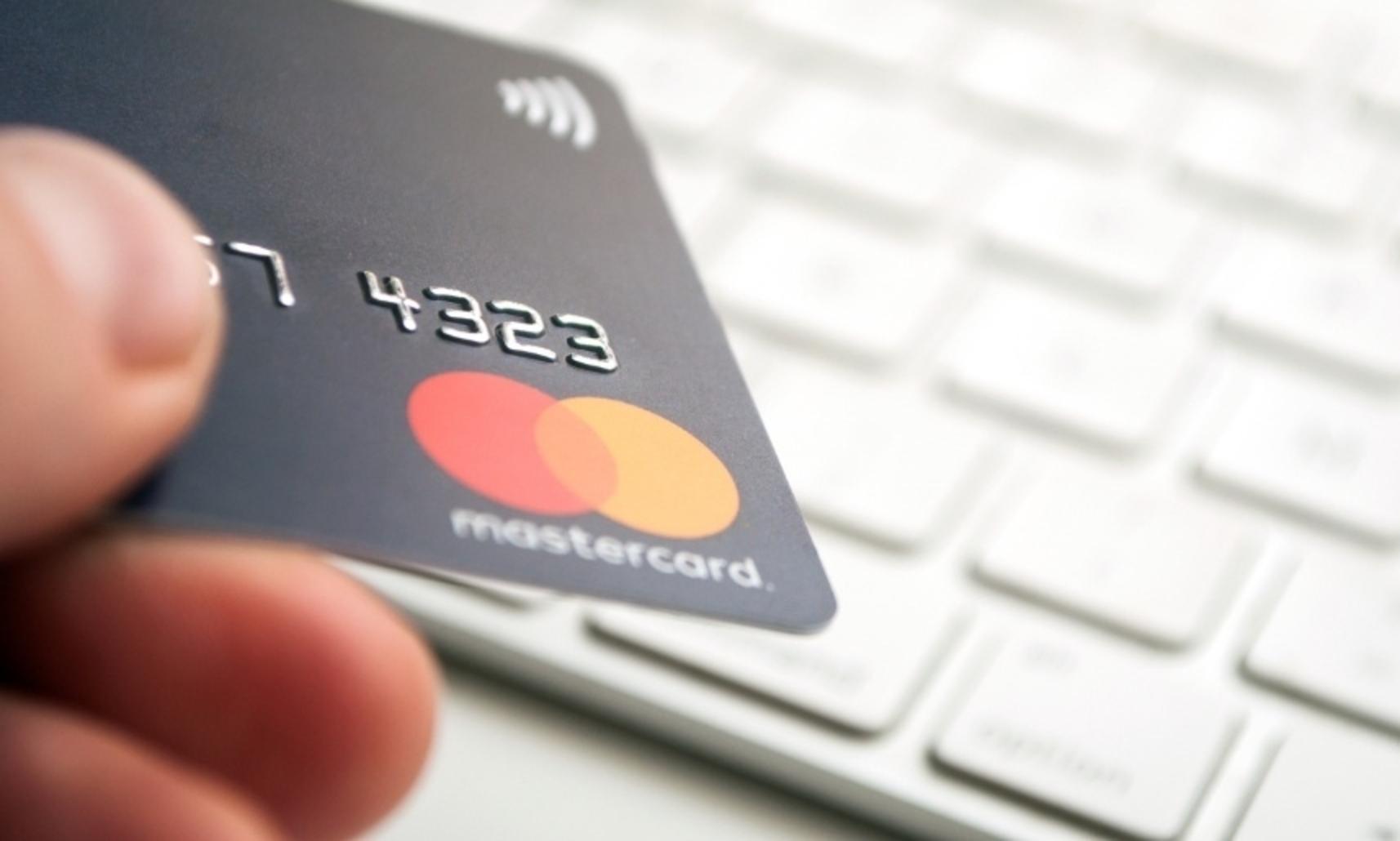
Mastercard debit card chargeback Q&A with Diana Kern
When disputing a charge that is UCAF and the network informs us that there are no "Chargeback Rights," is that an automatic loss to the financial institution if they can't prove the customer didn't authorize the charge?
Here is a scenario: A customer made a purchase of a hot tub cover that had to be custom made and the merchant kept telling him that the materials were not available. Six months later the customer still did not receive the cover that he paid for with his debit card and he can't reach the merchant. When would the dispute time start on this--from the time he expected to receive the cover or when he did the initial purchase?
How does having a chip in the card vs. no chip in the card factor into chargeback rights?
How would you handle a customer stating they ordered a product online, through Facebook for example, and then decide it was fraud and do not have a receipt?
For financial institutions that have a minimum transaction they submit to their processor, for 4853 dispute groups how do you handle disputes? Can you pass the processing fee onto the customer? Or do most financial institutions write off that amount in good customer service.
With arbitration costs being so high, what should be reviewed prior to going to arbitration?
Is there a time limit on the zero liability for Mastercard? For example, if a cardholder notices charges from 2021 and they notify their institution at the end of 2022, does that zero liability still apply?
Want More?
Read These Articles Next
Tess Bower
March 22, 2023
Tess Bower
November 5, 2020
Tess Bower
June 21, 2022
© 2026 FINANCIAL EDUCATION & DEVELOPMENT, INC





